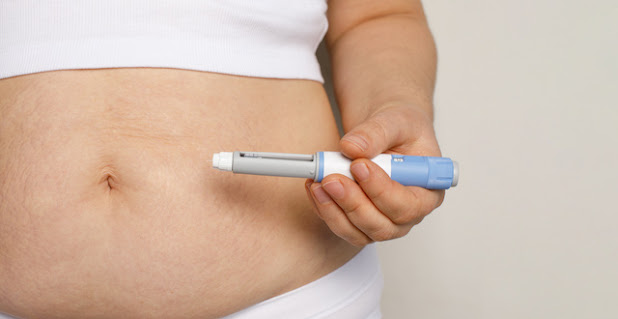Are Hair Treatments Provided By Specialists Safe?
When it comes to hair loss or thinning, many people turn to professional help, seeking out a Hair Specialist Doctor in Dubai for expert treatments. But a common concern among those seeking these services is whether the treatments offered are safe. In recent years, the beauty and healthcare industry has seen a surge in various hair treatments designed to restore and rejuvenate hair growth. However, not all treatments are created equal, and it’s essential to ensure they are both effective and, most importantly, safe. So, are hair treatments provided by specialists truly safe? Let’s take a closer look.
Understanding the Safety of Hair Treatments
Hair treatments can range from non-invasive procedures to more intensive options that may involve medications, lasers, or even surgery. While the variety of choices available today gives individuals the ability to tailor treatments to their needs, it can also create confusion about their safety.
Non-invasive Hair Treatments The most common non-invasive procedures include laser therapy, hair PRP (Platelet-Rich Plasma), and topical medications like minoxidil. These treatments are generally considered safe when performed by trained professionals. Laser therapy, for instance, stimulates hair follicles to promote growth, while PRP uses the body's own platelets to rejuvenate and restore damaged hair. Because these treatments do not involve cutting or inserting foreign substances, the risks are relatively low.
Invasive Hair Treatments On the other hand, invasive treatments, such as hair transplant surgery, carry a slightly higher level of risk but are typically safe when performed by qualified specialists. A hair transplant involves moving healthy hair follicles from one area to another to restore hair where it is thinning or balding. While complications are rare, some potential risks include infection, scarring, or an unsatisfactory result, but these can be mitigated by choosing a skilled and experienced specialist.
What Makes Hair Treatments Safe?
A key factor in the safety of any hair treatment is the experience and qualifications of the specialist performing it. Hair treatments are medical procedures, even if they don't always require surgery. Ensuring that the individual handling your treatment is a licensed and experienced professional can make all the difference in achieving a successful and safe outcome.
A well-qualified Hair Specialist Doctor in Dubai will conduct a thorough assessment of your hair condition, take into account your medical history, and recommend treatments that are appropriate for your unique needs. They will also inform you about the potential risks involved and guide you through the aftercare process, which is crucial for a positive outcome.
How Can You Ensure the Treatment is Safe?
Before proceeding with any hair treatment, it’s essential to do your research and choose a reputable specialist. Here are some steps you can take to ensure your treatment is safe:
Consult with a Specialist
A thorough consultation is key. A professional will discuss your goals, evaluate your hair condition, and recommend a treatment plan tailored to your needs. They will also explain the potential side effects and risks, helping you make an informed decision.Check Credentials
Ensure that the specialist is licensed and has the proper training in hair restoration treatments. Look for certifications, reviews, and before-and-after photos of previous patients to assess their skills and expertise.Understand the Treatment
Ask detailed questions about the procedure. Understand what it entails, how long the recovery time is, and any potential side effects. Knowledge is power when it comes to your health.Follow Aftercare Instructions
Following your specialist’s aftercare instructions is vital for a safe and successful treatment. Skipping steps or not adhering to the guidelines could lead to complications or delayed results.
The Bottom Line: Are Hair Treatments Safe?
Overall, hair treatments provided by qualified Hair Specialist Doctor are generally safe and can offer excellent results. The key to safety lies in choosing the right professional who will assess your individual needs, recommend appropriate treatments, and provide the guidance and aftercare necessary for a smooth recovery. Whether opting for a non-invasive procedure or a more intensive option like a hair transplant, the most important step is ensuring that the specialist you choose is well-trained, experienced, and fully equipped to handle the procedure.


.jpg)


Comments
Post a Comment